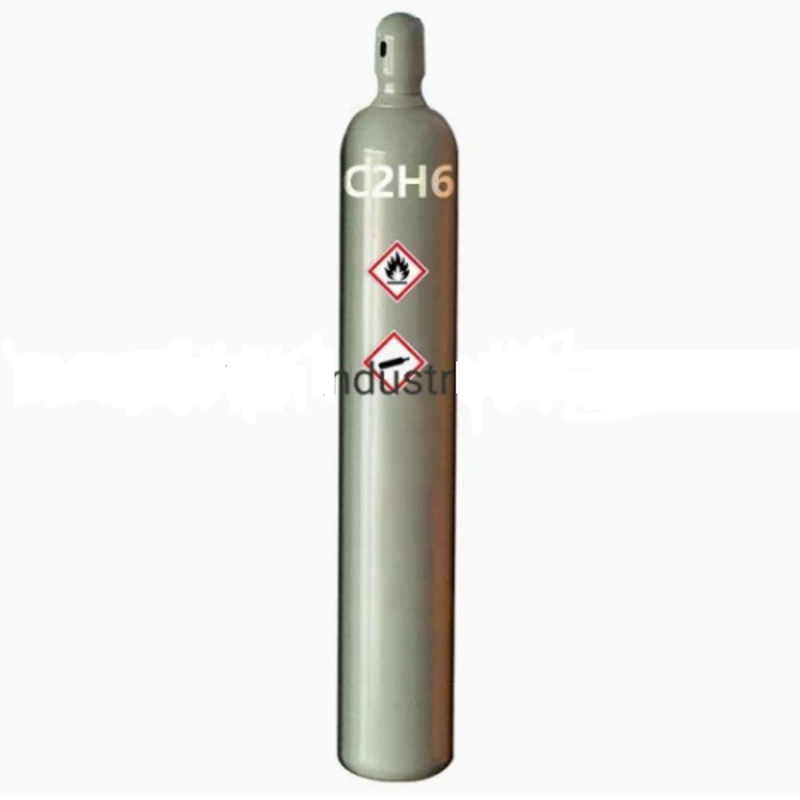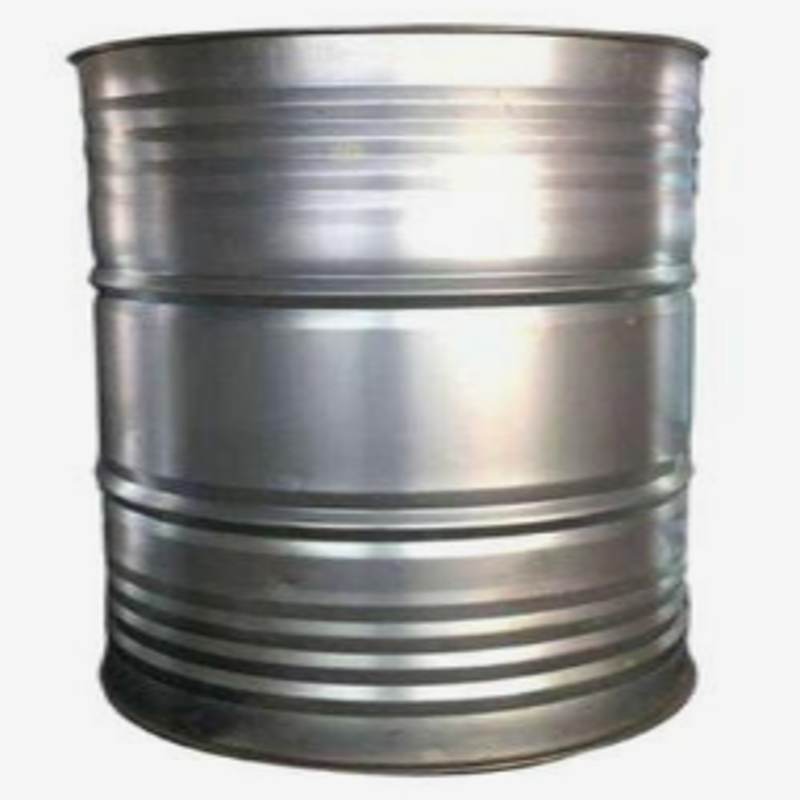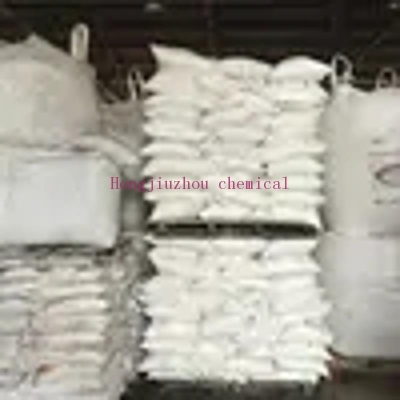-
Categories
-
Pharmaceutical Intermediates
-
Active Pharmaceutical Ingredients
-
Food Additives
- Industrial Coatings
- Agrochemicals
- Dyes and Pigments
- Surfactant
- Flavors and Fragrances
- Chemical Reagents
- Catalyst and Auxiliary
- Natural Products
- Inorganic Chemistry
-
Organic Chemistry
-
Biochemical Engineering
- Analytical Chemistry
-
Cosmetic Ingredient
- Water Treatment Chemical
-
Pharmaceutical Intermediates
Promotion
ECHEMI Mall
Wholesale
Weekly Price
Exhibition
News
-
Trade Service
Three years ago, the right to use imported crude oil was opened to local refineries.
In order to obtain high-quality raw materials, many local refineries began to actively apply for this right
.
Up to now, 22 local refineries have obtained the right to use imported crude oil
.
At the same time, seven local refineries are in a state of pending approval, and many have already submitted applications
.
? According to the news from the Securities Daily on May 3, however, it is understood that the National Development and Reform Commission has halted applications for the right to use imported crude oil from local refineries and stopped receiving application materials from May 5
.
? Analysts said that the above-mentioned more than 30 local refineries will receive a quota of hundreds of millions of tons of imported crude oil
.
This amount is already quite large, the dilemma of the raw materials for local refining has been solved, and the import of crude oil may no longer require unlimited opening of the gates and water release
.
? Recently, the National Development and Reform Commission announced on its website that since May 5, 2017, the National Development and Reform Commission will stop accepting declaration materials related to the use of imported crude oil by crude oil processing companies
.
For enterprises that have submitted their application materials as required before May 4, 2017, continue to carry out follow-up inspections and evaluations
.
? In February 2015, the National Development and Reform Commission issued the "Notice on Issues Concerning the Use and Management of Imported Crude Oil", allowing enterprises that meet relevant conditions to use imported crude oil under the premise of assuming corresponding responsibilities
.
? Since then, local refineries began to actively apply for the right to use imported crude oil
.
? Jinlianchuang data shows that as of now, 22 local refineries across the country have obtained a total of 79.
95 million tons of imported crude oil quotas through verification and evaluation.
In addition, there are still Landbridge, Hubei Jinao, Shengxing, and Qicheng Seven refineries, including Hualong, Hualong and Dalian Jinyuan, are in the stage of publicity and awaiting approval, with a total of 15.
3 million tons pending approval
.
At the same time, many large-scale refineries such as Wantong, Sunneng, Kelida, Xintai, and Shouguang Alliance have also submitted application materials, and the total application quota will also be about 10 million tons
.
The total quota for imported crude oil used by the three parties, which have been approved, pending, and applied, will be more than 100 million tons
.
? Li Yan said that the total number of imported crude oil quota applications that have been submitted for a total of more than 100 million tons are already very large.
.
In 2016, China's total imported crude oil was 375 million tons.
The total quota applied for by private refining has exceeded a quarter of last year's total imports, and the raw material dilemma of private refining has been basically resolved
.
He also pointed out that among the local refineries that have already submitted applications, the larger and more powerful refineries have basically been included, and the remaining refineries are mostly small and medium-sized refineries
.
The state opened the right to use imported crude oil to private refining.
The original intention was to support the large-scale development of local refining and the large-scale development of a single set of equipment.
Refineries with too small and backward production capacity are obviously not included in the national plan
.
? It should be mentioned that the above notice also pointed out that oil-using companies must earnestly fulfill their promises, strictly implement industrial policies, and shall not build or renovate or expand refining equipment without approval; maintain a minimum crude oil inventory in accordance with relevant requirements and comply with regulations Report the import, processing and use of crude oil and main products
.
? Local competent authorities must take measures that can be verified and accountable to effectively prevent the elimination and construction of illegal production capacity.
Any violation of construction activities shall be punished in accordance with the law
.
The National Development and Reform Commission stated that it will continue to strengthen the operation and supervision of approved oil-using companies, establish a blacklist of untrustworthy companies in the oil and gas industry, improve the credit system of the oil and gas industry, give full play to the role of credit supervision and standardization, and work with relevant departments from the level of technology and product , energy consumption, safety, environmental protection, pay taxes and other dynamic supervision, serious dishonesty and illegal activities, including the implementation of the adjustment amount of oil, oil, suspend or cancel the qualification, including a joint discipline
.
? Li Yan said that the state originally opened up the import of crude oil to private refining, on the premise that the refinery had to eliminate outdated production capacity, and that it could only be used for its own use and not be resold
.
However, in the actual operation process, some refineries did not dismantle outdated equipment for profit considerations, and did not strictly follow the requirements; at the same time, tax avoidance and private trading of import quotas also occurred from time to time, which violated the original intention of the policy
.
The relevant departments may also realize that they cannot be left alone.
Supervision and management may become the focus of later work.
.
He pointed out that in 2016, the import quotas of the domestic refineries were not fully used.
The overall utilization rate was 72%, and the utilization rate of Shandong refineries was about 80%, but the utilization rate of some refineries was less than 50%
.
Under this circumstance, it is worth considering whether the imported crude oil still needs to be opened indefinitely
.
In order to obtain high-quality raw materials, many local refineries began to actively apply for this right
.
Up to now, 22 local refineries have obtained the right to use imported crude oil
.
At the same time, seven local refineries are in a state of pending approval, and many have already submitted applications
.
? According to the news from the Securities Daily on May 3, however, it is understood that the National Development and Reform Commission has halted applications for the right to use imported crude oil from local refineries and stopped receiving application materials from May 5
.
? Analysts said that the above-mentioned more than 30 local refineries will receive a quota of hundreds of millions of tons of imported crude oil
.
This amount is already quite large, the dilemma of the raw materials for local refining has been solved, and the import of crude oil may no longer require unlimited opening of the gates and water release
.
? Recently, the National Development and Reform Commission announced on its website that since May 5, 2017, the National Development and Reform Commission will stop accepting declaration materials related to the use of imported crude oil by crude oil processing companies
.
For enterprises that have submitted their application materials as required before May 4, 2017, continue to carry out follow-up inspections and evaluations
.
? In February 2015, the National Development and Reform Commission issued the "Notice on Issues Concerning the Use and Management of Imported Crude Oil", allowing enterprises that meet relevant conditions to use imported crude oil under the premise of assuming corresponding responsibilities
.
? Since then, local refineries began to actively apply for the right to use imported crude oil
.
? Jinlianchuang data shows that as of now, 22 local refineries across the country have obtained a total of 79.
95 million tons of imported crude oil quotas through verification and evaluation.
In addition, there are still Landbridge, Hubei Jinao, Shengxing, and Qicheng Seven refineries, including Hualong, Hualong and Dalian Jinyuan, are in the stage of publicity and awaiting approval, with a total of 15.
3 million tons pending approval
.
At the same time, many large-scale refineries such as Wantong, Sunneng, Kelida, Xintai, and Shouguang Alliance have also submitted application materials, and the total application quota will also be about 10 million tons
.
The total quota for imported crude oil used by the three parties, which have been approved, pending, and applied, will be more than 100 million tons
.
? Li Yan said that the total number of imported crude oil quota applications that have been submitted for a total of more than 100 million tons are already very large.
.
In 2016, China's total imported crude oil was 375 million tons.
The total quota applied for by private refining has exceeded a quarter of last year's total imports, and the raw material dilemma of private refining has been basically resolved
.
He also pointed out that among the local refineries that have already submitted applications, the larger and more powerful refineries have basically been included, and the remaining refineries are mostly small and medium-sized refineries
.
The state opened the right to use imported crude oil to private refining.
The original intention was to support the large-scale development of local refining and the large-scale development of a single set of equipment.
Refineries with too small and backward production capacity are obviously not included in the national plan
.
? It should be mentioned that the above notice also pointed out that oil-using companies must earnestly fulfill their promises, strictly implement industrial policies, and shall not build or renovate or expand refining equipment without approval; maintain a minimum crude oil inventory in accordance with relevant requirements and comply with regulations Report the import, processing and use of crude oil and main products
.
? Local competent authorities must take measures that can be verified and accountable to effectively prevent the elimination and construction of illegal production capacity.
Any violation of construction activities shall be punished in accordance with the law
.
The National Development and Reform Commission stated that it will continue to strengthen the operation and supervision of approved oil-using companies, establish a blacklist of untrustworthy companies in the oil and gas industry, improve the credit system of the oil and gas industry, give full play to the role of credit supervision and standardization, and work with relevant departments from the level of technology and product , energy consumption, safety, environmental protection, pay taxes and other dynamic supervision, serious dishonesty and illegal activities, including the implementation of the adjustment amount of oil, oil, suspend or cancel the qualification, including a joint discipline
.
? Li Yan said that the state originally opened up the import of crude oil to private refining, on the premise that the refinery had to eliminate outdated production capacity, and that it could only be used for its own use and not be resold
.
However, in the actual operation process, some refineries did not dismantle outdated equipment for profit considerations, and did not strictly follow the requirements; at the same time, tax avoidance and private trading of import quotas also occurred from time to time, which violated the original intention of the policy
.
The relevant departments may also realize that they cannot be left alone.
Supervision and management may become the focus of later work.
.
He pointed out that in 2016, the import quotas of the domestic refineries were not fully used.
The overall utilization rate was 72%, and the utilization rate of Shandong refineries was about 80%, but the utilization rate of some refineries was less than 50%
.
Under this circumstance, it is worth considering whether the imported crude oil still needs to be opened indefinitely
.







